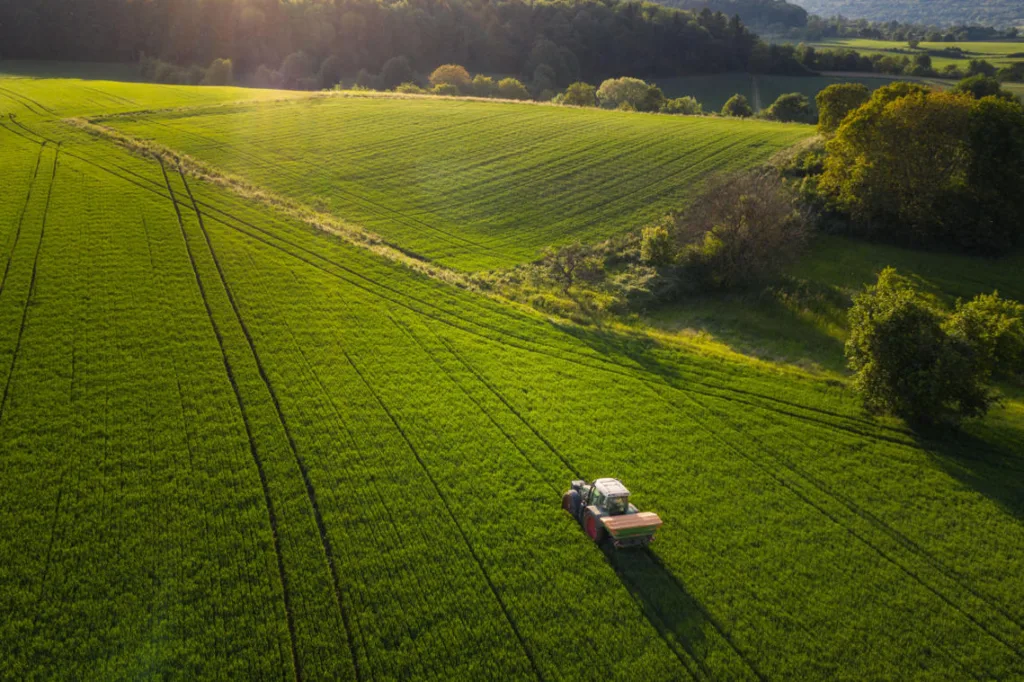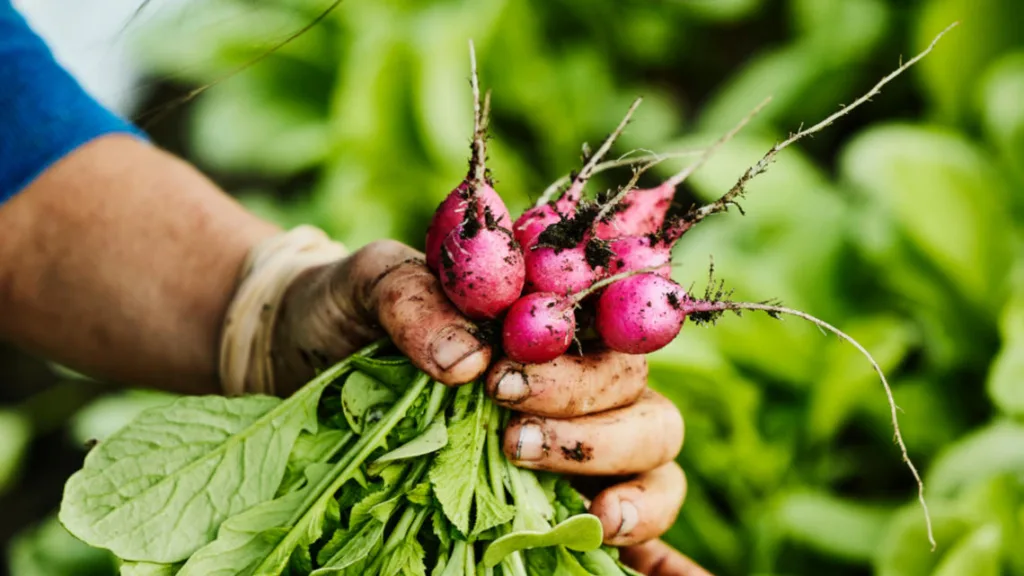Authors
Emily Grady
The 2018 EAT Stockholm Food Forum brought together over 600 key players from around the world – from farmers to CEOs to members of Sweden’s royal family – seeking to make healthy and sustainable food systems the norm. WBCSD members and the Food Reform for Sustainability and Health initiative (FReSH) turned up on stage during the plenary, during Disruptive Dialogues and in side events over the course of the Forum. As the primary business voice at the Forum, WBCSD and our members brought real scalable solutions to the conversation.
The Forum made it clear that single-issue activism, politics and solutions are a thing of the past when it comes to food systems. The issues and opportunities are interrelated, and the best solutions integrate multiple dimensions of the food system, addressing climate AND health, biodiversity loss AND dietary diversity, the wellbeing of small-scale farmers AND the resilience of the ecosystems and communities in which they operate. The list of ANDs can (and should) go on and on. Self-proclaimed stubborn optimists at the Forum agreed that a new era marked by creative, science-informed, multi-stakeholder problem solving is emerging to nurture innovative and inclusive multi-issue solutions.
But what do they look like? Feel like? Taste like?
Some examples came up in the plenary, including Olam CEO and WBCSD Chair Sunny Verghese’s call to reimagine agriculture, emphasizing that it is possible to both produce food sustainably and make a profit. He highlighted Olam’s ability to de-commoditize its products in the eyes of investors and customers by prioritizing sustainability and reporting transparently. Building on this topic, a breakfast meeting on the True Cost of Food explored how quantifying the actual health, social and environmental costs of producing and consuming certain foods can eventually shift market behavior towards the production and consumption of more sustainable and healthy foods.
Others arose during the series of Disruptive Dialogues where diverse groups dove into the nitty-gritty of the food system’s most pressing issues – urban food environments, processed foods, the challenges and opportunities of protein, the needs of oceans and fisheries, the power and potential of smallholders, and more. Two of the three dialogues organized by WBCSD – “Putting Food in Food,” which focused on healthy and sustainable processed and packaged food, and “Protein, People, Planet: what’s the plan?” which explored sustainable meat production and alternative protein-rich foods – featured new products that were developed to increase the positive impacts on people and the planet. A read of the room: delicious! Though there is no silver bullet (and who would want one single, perfect food anyway?), the examples on table helped people imagine a future food system that is nourishing to all involved.
Business is increasingly seen as a leader in food system transformation, with a critical role to play in improving health and sustainability outcomes. WBCSD and FReSH came up throughout the Forum as shaping a food system that tackles social, health and environmental issues simultaneously. FReSH also shared two Science to Solutions publications at the forum, while WBCSD’s Sustainable Lifestyles program area launched its new, innovative Future of Food report, which complements our FReSH work through its unique perspective: looking at food-related challenges using the individual, rather than the system, as the starting point.
And this is a key moment for business to be at the table. Business today isn’t perfect though, and there is a clear call to action for business to step up in new ways, aligning marketing practices with dietary guidelines, producing healthy food in the most responsible way, and truly embracing the motto that ‘food can fix it.’ In FReSH we work to de-risk collective action across the value-chain, so the front-runners can take a leap into the future together, creating the food system that will enable current and future generations to thrive.
WBCSD news articles and insights may be republished in accordance with the Creative Commons Attribution-NonCommercial-NoDerivatives 4.0 International Public License, and in accordance with our Privacy Policy. All Content must be featured with due credits.
Related
Content

The future of food – How Kraft Heinz is working toward and contributing to a more sustainable food system
17 October, 2023

WBCSD joins the Nutrient Density Alliance
13 October, 2023

Meat and dairy analogues of the future call for a focus on affordability, innovative business models and a just transition
20 September, 2023
